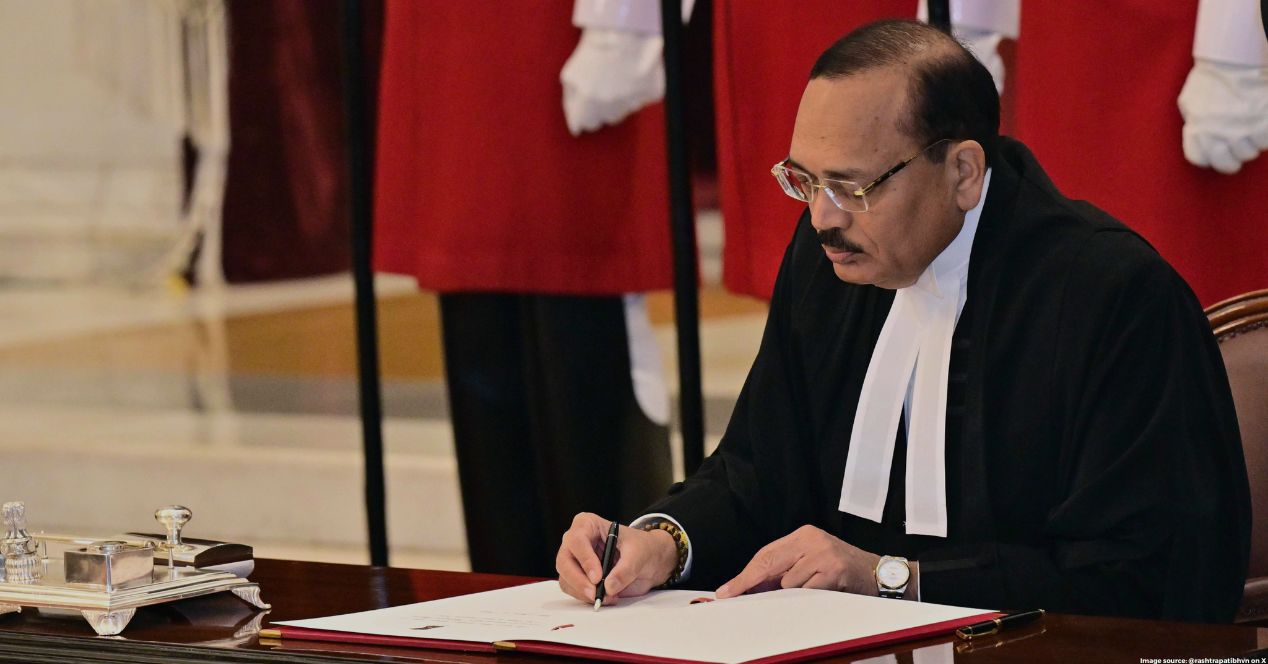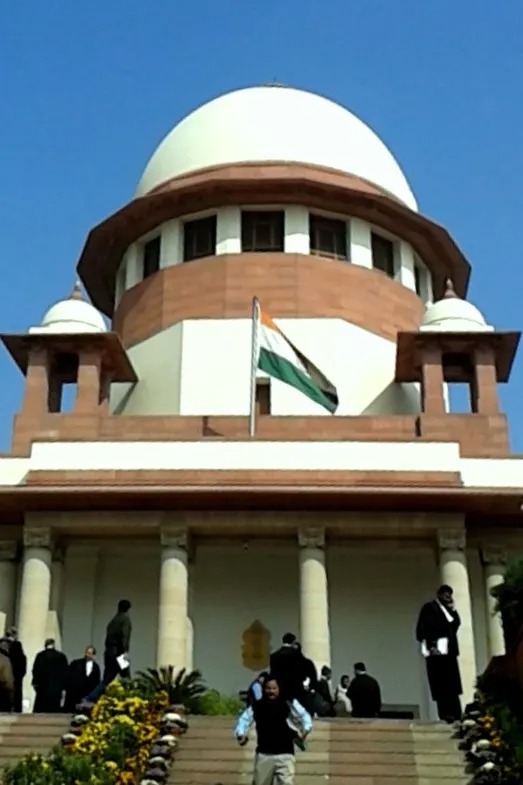K.P. Radhakrishna Menon, J.@mdashThe applicant in O.P. 82/82 in the court of the Subordinate Judge; Palghat, for dissolution of marriage on the ground that the wife, the first respondent after the solemnisation of the marriage had voluntary sexual intercourse with the second respondent, is the appellant.
2. The court below by the order under challenge has found that there is no convincing and satisfactory evidence to show that the first respondent has had voluntary sexual intercourse with the second respondent and as a consequence thereof dismissed the petition.
3. The appellant is working as a Pharmacist in the service of the Kerala Government. The case of the appellant is that since the first respondent has had voluntary sexual intercourse with the second respondent, it has become impossible for him to continue the marital relationship. The appellant thereupon filed the petition under Sections 13(1)(i) and 13(1)(ia) of the Hindu Marriage Act for a dissolution of the marriage by a decree of divorce. The petition is opposed mainly on the ground that the pleadings of the appellant-petitioner do not disclose any ground for granting the relief.
4. In exercise of the powers under Sections 14 and 21 of the Hindu Marriage Act this court has framed the "Rules to Regulate Proceedings under the Hindu Marriage Act". Rule 7 which deals with the ''contents of Petition'', provides that in addition to the particulars required to be given under Order VII, Rule 1 of the CPC and Section 20(1) of the Act, every petition for divorce shall contain the particulars mentioned thereunder. Particular reference to Sub-rule 4 is relevant here. It reads :--
"4. In every petition presented by a husband for divorce on the ground that his wife is living in adultery with any person or persons or for judicial separation on the ground that his wife has, after the solemnization of the marriage, had sexual, intercourse with any person or persons other than him, the petitioner shall state the name, occupation and place of residence of such person or persons so far as they can be ascertained".
In the petition the petitioner therefore shall, amongst other things state the specific act of sexual intercourse the wife had with person or persons other than him. In addition, the name, occupation and place of residence of such person or persons so far as they can be ascertained require to be stated. The act or acts of sexual intercourse with any person other than the petitioner after the solemnization of the marriage therefore must be pleaded. The reason why this is insisted upon, is obvious. The charge of extramarital connection is a serious charge and casts aspersion on the character of the wife. That being the position the wife against whom such charge is made, must get an opportunity to meet the charge; and how can such a charge be met unless the particulars are given in the petition ? That is the reason, in our view, Sub-rule 4 of Rule 7 insists that these charges must specifically be pleaded. A court of law therefore will not place reliance on the oral evidence and declare that the wife had sexual intercourses with any person other than the petitioner after the solemnisation of the marriage.
5. Applying the above principle to the facts of this case, the petition is liable to be rejected. That the petition as already noticed, does not specifically make out the case falling u/s 13(1) of the Act, is beyond dispute.
6. The court below therefore, in our view, has rightly rejected the petition.
The appeal fails. Accordingly the same is dismissed. No costs.

